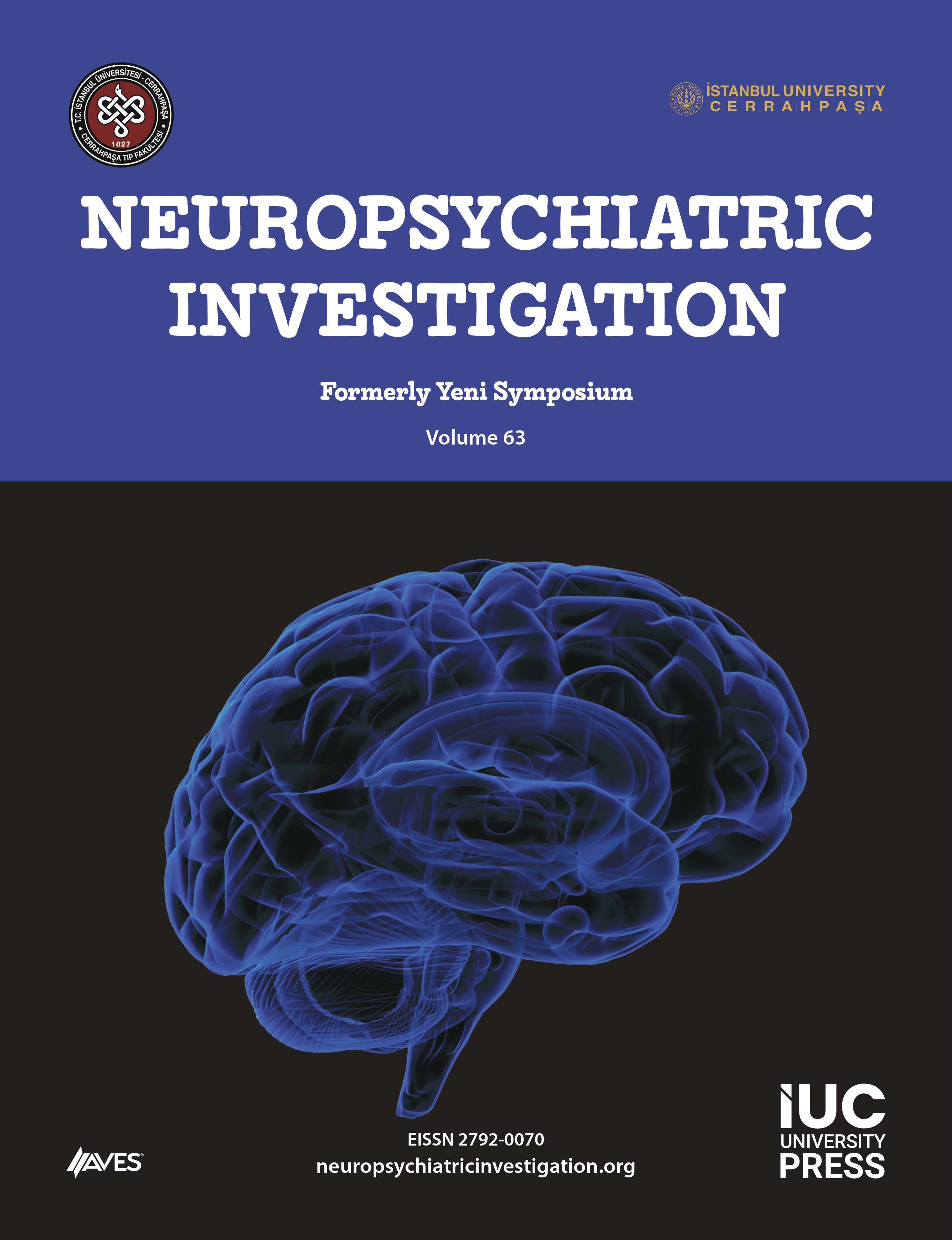Objective: The purpose of the present study is to examine the effect of depression level on how individuals remember positively and negatively valenced personal experiences.
Method: Undergraduate students from Dokuz Eylul University participated in the study (N = 297, women = 185, men = 108). Participants filled the Centrality of Events Scale and the Autobiographical Memory Characteristics Questionnaire following the memory task in which they recalled a negatively valenced and personally important memory. After the Beck Depression Inventory, they were asked to recall a positive and important autobiographical memory and to complete autobiographical memory measures.
Results: Hierarchical regression analyses showed that as the depression level increases, persons recall negative autobiographical memories with more details, with higher emotional intensity, in company with a strong affective activation (preoccupation with emotions) and with higher recollection. In positive autobiographical memories, depression level also positively predicted emotional distancing as well as preoccupation with emotions and recollection. Additionally, as depression level increases, the tendency to perceive negative autobiographical memories as more central of the self and life story gets stronger, while this tendency, on the contrary, declines for positive autobiographical memories.
Conclusions: Findings of the present study point out that memory biases due to depression are not limited to that recalling negatively valenced memories more frequently and more easily, but also depression can have important impact on the positive memory recall.




.png)